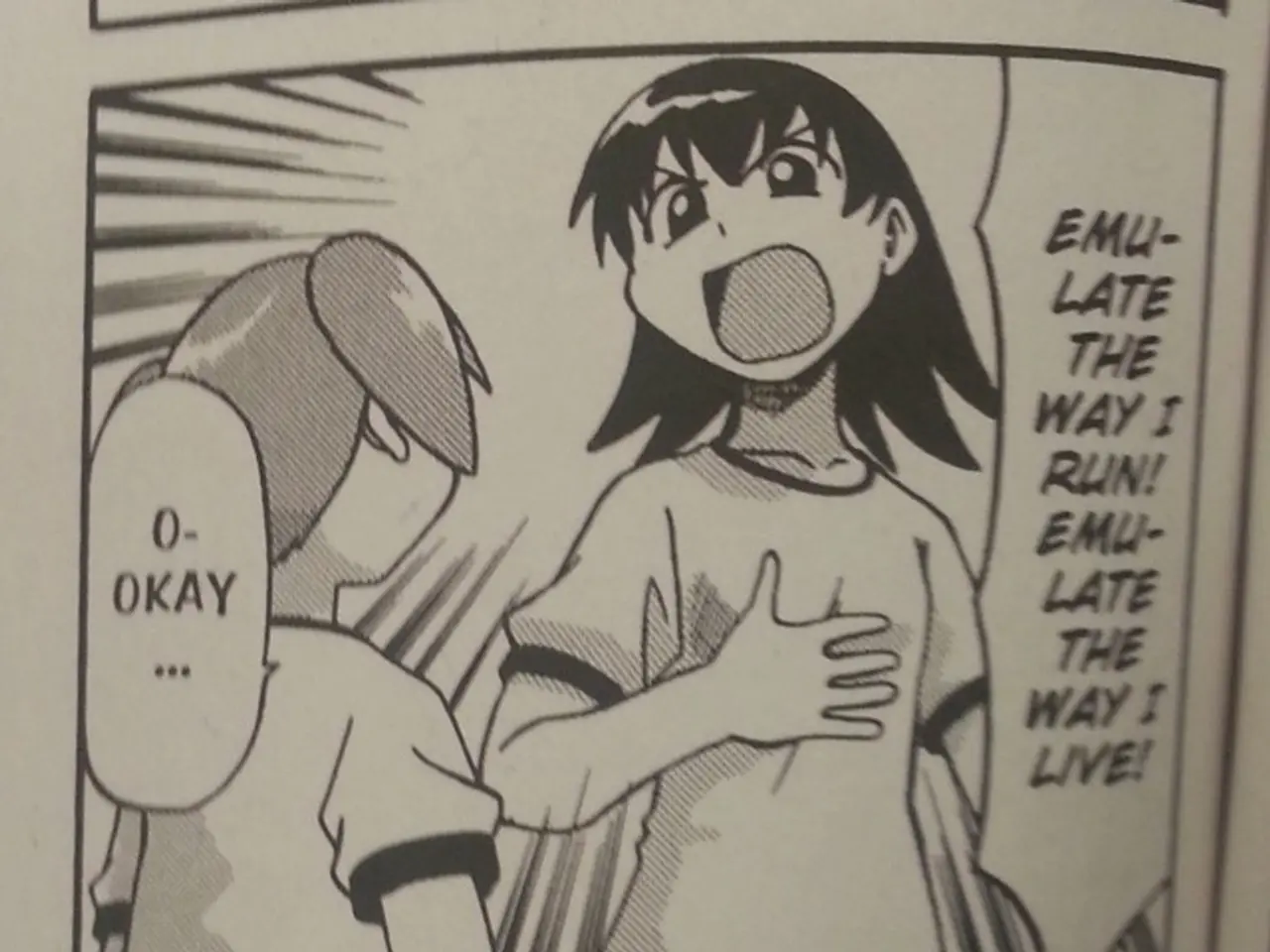Commemorative Materials for Passed Loved Ones in Gaza
In a world where the erasure of Palestinian identity, memory, and existence continues through colonialism and digital filtering, Palestinian-American poet George Abraham is reflecting on these challenges and seeking ways to challenge them.
Abraham's work critically engages with Palestinian erasure under colonialism by creating decolonial, queer Palestinian performance art and poetry. His projects, such as the collaborative EVE, deconstruct canonical Western texts like John Milton’s Paradise Lost to build a new Palestinian subjectivity that resists the ongoing cultural and political erasure of Palestinians.
The literary establishment, including most of the largest BIPOC and queer identity literary organizations, remained apathetic towards the Palestinian Campaign for the Academic and Cultural Boycott of Israel (PACBI). However, Abraham's book, "Birthright," is being circulated by its intended audience, including queer/trans and SWANA book clubs, spaces where folks are organizing for Palestinian liberation.
The process of cultural and political erasure relates closely to digital filtering and censorship, often used as a tool of colonial control and suppression of Palestinian voices. Frequent internet shutdowns and digital censorship mechanisms effectively silence Palestinian perspectives and histories, contributing to their marginalization and erasure in both physical and digital spaces.
These forms of state-enforced silence reinforce the machinery of occupation noted in Palestinian contexts. In the newsfeed, images of Palestinians are interrupted by advertisements for luxury boutique resorts, symbolizing the erasure of Palestinian history and memory.
Abraham is searching for a form to write to the dead and resurrected Palestinians, promising not to make them objects or spectacles. He was asked to add zeroes to the end of honoraria from literary organizations and donate them to the Gaza Poets Society instead.
The author's thoughts consume his mind as he walks to campus, contemplating the casual absence of a mouse corpse for several weeks. His father clung to remnants of rotting objects from his parents' generation as an insistence on unfiltering, to preserve spatial tethers to Palestine and entire timelines.
The erasure of Palestinian lives is replaced with livelihoods within Western colonial states. The ruling settlers are cleansing even their illiterate quantifications of Palestinians, with projected death toll estimates over 180,000. Alareer's diaries detail the way the Zionist state made war a "brutal normality" for Gaza.
The story first appeared in Atmos Volume 10: Afterlife with the headline, "Notes on Palestinian Spectrality." A beloved anthology contributor from Gaza withdrew their poem, titled "Gaza, Hope Is an Option." Alareer's former students in Gaza asked the author to host a virtual event centering Palestinian youth. The author's stomach turns every time they get tagged in a post about their book these days, as they question if the well-meaning individuals have read anyone from Gaza or looked at the unfiltered reality of it.
The first time the author read Refaat Alareer's poem "If I Must Die" was not hearing Brian Cox's reading of the poem, but years ago while reading submissions for a Palestinian poetry anthology. Abraham's work exemplifies cultural resistance to Palestinian erasure through art, while digital filtering practices manifest as technical enablers of ongoing colonial censorship. Frequency thinking in signal processing provides a useful metaphor and actual framework for understanding how Palestinian voices may be selectively occluded or distorted by technological means in the context of colonialism and occupation.
George Abraham's art and poetry, found in magazines such as Atmos, seek to build a new Palestinian subjectivity and challenge their cultural and political erasure. In the digital world, community spaces like SWANA book clubs and queer/trans clubs are sharing Abraham's book, "Birthright," in an effort to raise awareness about Palestinian struggles. Meanwhile, the natural world, too, is touched by this issue, as representations of Palestinians are replaced by advertisements for luxury resorts in general-news feeds, symbolizing the erasure of Palestinian history and identity.








